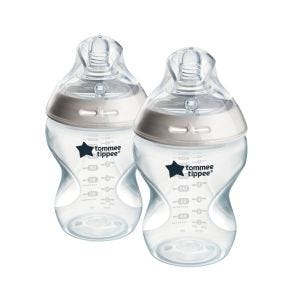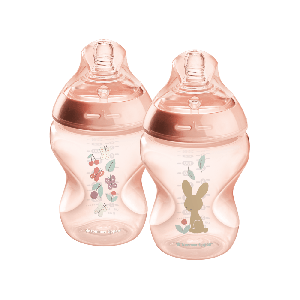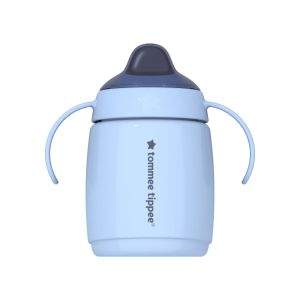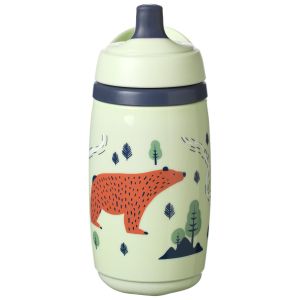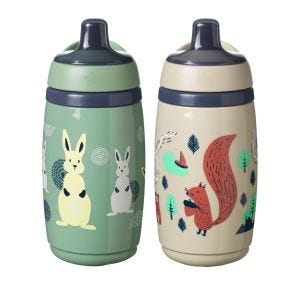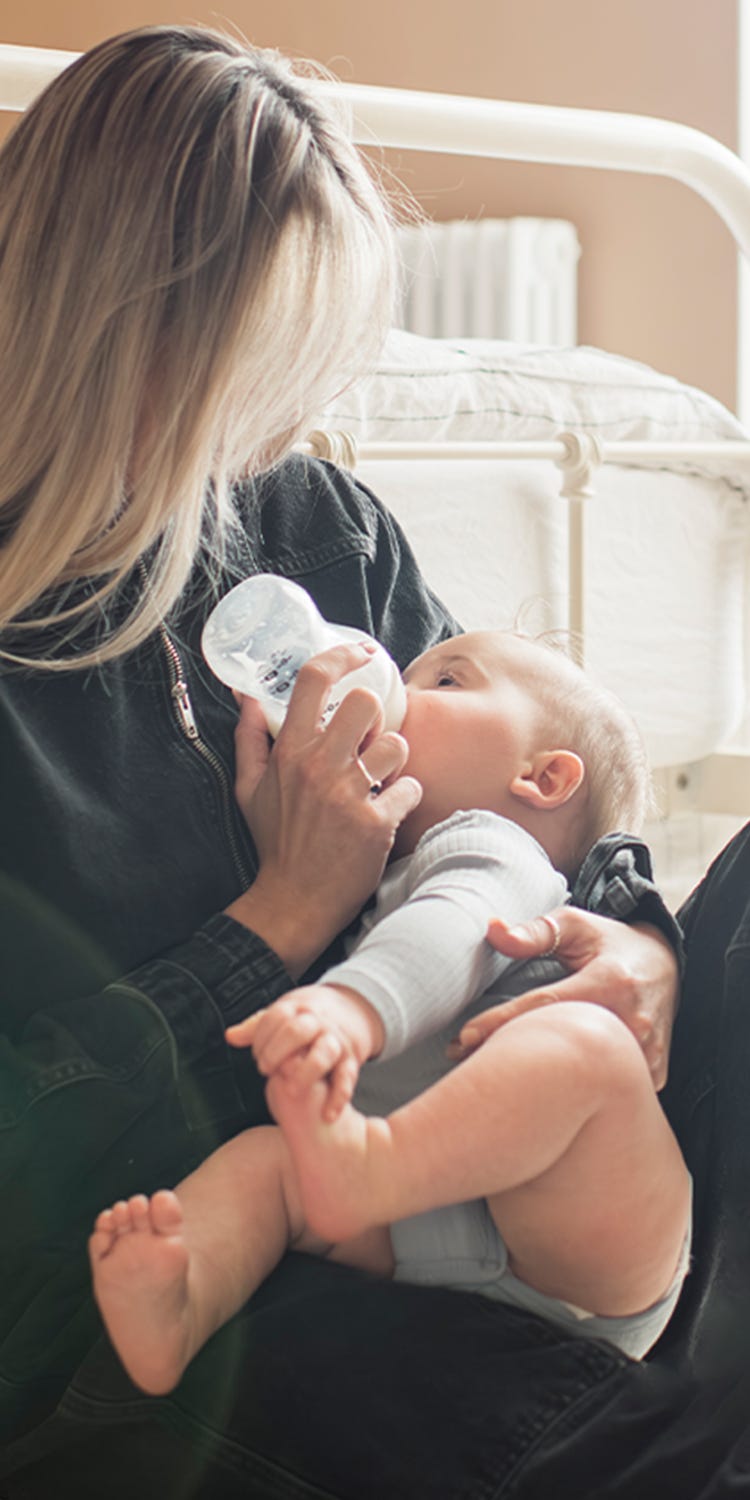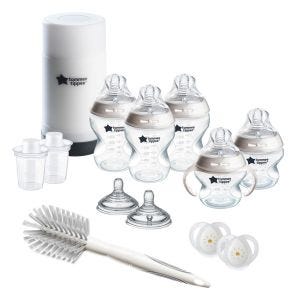
Hints & Tips
So, how can you tell if your baby is teething, and how can you ensure everyone gets a good night’s sleep?
Teething and sleep: What can you do to help?
For many parents teething starts just as you’ve established a sleep routine with your little one. It also tends to happen at the same time as your baby is vulnerable to a number of other illnesses and ailments.
So how can you tell if your baby is teething, and how can you ensure everyone gets a good night’s sleep?
What age do babies teeth?
Teething is where your baby’s teeth start to emerge through their gums and babies start teething at different times.
For some, teeth can start to appear as early as 3 months, while others don’t start teething until after their first birthday. But most babies will start teething when they’re around 6 months old, with the bottom, middle teeth appearing first.
Your baby’s complete set of teeth will usually all emerge by the time they’re 3 years old.
What are the signs of teething?
Here’s what to watch out for when your baby is teething:
-
Drool, and dribble and lots of it. Best stock up on those bibs.
-
Baby biting and gumming down on anything and everything
-
Baby being more upset, distressed and irritable than usual
-
Sore and red gums
-
Feeding less than usual
How can I ease my baby’s swollen or red gums?
Alleviate the pain of baby’s sore gums by giving them something to chew on such as a soother, teether or comforter.
A cold surface can also help soothe discomfort in your little one’s mouth. For example, you can freeze a soft comforter and let your baby chew on the knotted corners. The cold fabric has a soothing, numbing effect.
Just remember to put your teether or comforter in a freezer bag to keep it separate from other items in your freezer.
Does teething cause nappy rash?
Teething does not directly cause nappy rash. In fact teething doesn’t cause rashes other than facial rashes.
But if your baby is feeling a bit out of sorts because they are teething and has diarrhoea then they are more likely to suffer from nappy rash, caused by contact between baby’s skin and wet nappies.
Keep an eye on your baby’s nappies and use a barrier cream to protect their little botty.
Our nappy disposal systems can also help you deal with all those stinky nappies.
Can teething cause fever?
Teething can raise your baby's body temperature, but only slightly. If your baby has a high temperature, it’s most likely a sign that they are sick.
Always seek medical advice if you’re concerned about your baby’s health.
Why is teething is making my baby go off their food?
If teething is making your little one fussy over their food, you can try offering them chilled food such as yoghurts or purees.
You may also want to increase the amount of fluid they drink to stop them getting dehydrated. Many babies dribble more when teething.
Teething and sleep: My baby is more fretful and wakeful during the night when teething
Your little one may feel warmer than usual when teething, so keep them comfortable by checking their temperature.
Feel your baby’s tummy or the back of their neck. If your baby’s skin is hot or sweaty, remove one or more layers of bedclothes. Your baby’s hands and feet will usually feel cooler, which is normal.
The ideal room temperature for baby sleeping is between 16-20 C. Use a thermometer such as a GroEgg to measure the temperature of the room where your baby sleeps.
Teething can be stressful for baby and for you. If you have a bedtime routine, do your best to stick with it, but don’t feel bad for soothing and comforting your little one as their teeth start coming through. It may feel exhausting but remember teething doesn’t last forever.

